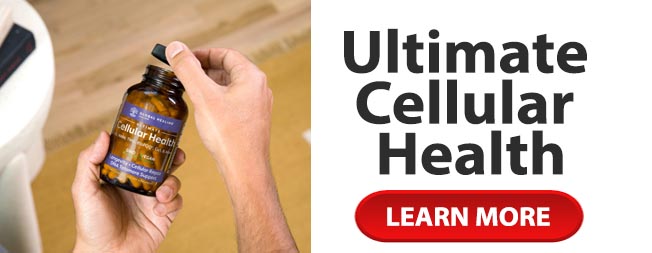Most scientists now believe that antioxidants help to protect cells from the damage caused by unstable molecules, also known as free radicals. Researchers do know that free radicals cause damage to cells that later lead to cancer, Alzheimer\’s disease, Parkinson\’s disease and cardiovascular disease. (1)
There are actually a variety of different antioxidants which are found in nature. Some examples of antioxidants include beta-carotene, lycopene, vitamin C, vitamin E, and vitamin A. While proponents of antioxidant therapy have theorized that the way in which these substances fight free radicals will have a positive effect on the prevention of cancer or the treatment of cancer, they also believe that it may reverse cell aging. At this time there are no studies to indicate that antioxidants will have an effect on cell aging.
There has also been considerable evidence from a variety of research studies that antioxidants can slow or prevent the development of cancer cells in the petri dish. However, in clinical trials the evidence is less clear and the more recent larger clinical trials all reach inconsistent conclusions.
In the 1990s there were five large-scale clinical trials which were published, all of which reached different conclusions about the effects of antioxidants on cancer cells. These studies examine the effects of beta-carotene and other antioxidant chemicals on different patient groups.
In one study published in 1993 researchers in the Chinese Cancer Prevention Study investigated the effect of a combination of three different antioxidants- beta-carotene, vitamin C and selenium-on cancer in healthy Chinese men and women who were already at high risk for getting gastric cancer. This particular study showed that the combination of these three antioxidants were able to significantly reduce the incidence of gastric cancer in this population. (2)
In another study published in 1994 men from Finland who smoked were given both beta-carotene and vitamin E. This study demonstrated that lung cancer rates increased dramatically in individuals who smoked and took beta-carotene but were not affected by the combination of smoke and vitamin E. (3) Another study also published in 1994 also demonstrated the same increase in lung cancer in individuals who had higher levels of beta-carotene.
In another study published in 1996, Physicians Health Study I, actually found no change in cancer rates associated with beta-carotene and aspirin which were taken by male physicians in the United States. (4) In a 1999 research study women were tested for the effects of vitamin E. and beta-carotene in the prevention of both cancer and cardiovascular disease. In this study researchers found no benefit or harm from beta-carotene supplementation in the investigation on the effect of vitamin E. is still ongoing.
These large clinical trials demonstrate the inconsistency in the results found in individuals who were supplementing with beta-carotene, vitamin E and/or aspirin. Because of this degree of inconsistency, further clinical trials are needed in order to ascertain results which can be used for clinical recommendations.
At this time there are three other large-scale clinical trials ongoing looking into the effects of antioxidants on the treatment and prevention of cancer. The first is the Woman\’s Health Study which is evaluating the effect of vitamin E. on the prevention of cancer in women 45 years of age and older. The second is taking place in the United States, Puerto Rico and Canada to determine if selenium and/or vitamin E supplementation can prevent prostate cancer in men who are age 50 and older. The third study, Physicians Health Study phase 2, is a follow-up on the earlier clinical trial investigating the effects of vitamin E, vitamin C and multivitamins on prostate cancer.
Each of these clinical trials are in their final phases of data collection and publication.
Although supplementation is available through health food store and multivitamins antioxidants which are acquired through whole foods are always more bioavailable and therefore better used by the body. Beta-carotene is found in foods which have orange colors such as sweet potatoes, carrots, cantaloupe, apricots and pumpkin. Lutein is abundant in green leafy vegetables such as spinach and kale. Lycopene is found in tomatoes, watermelon, apricots and pink grapefruit. Vitamin A is found in sweet potatoes, carrots and mozzarella cheese. Vitamin C is found in many fruits and vegetables and vitamin E. is found in almonds and soybean oils as well as broccoli and mangoes.
While the current research is inconsistent in linking the prevention of cancer or the treatment of cancer with anti-oxidant therapy, researchers do know that antioxidants are important in the fight against free radicals in the body. While they may not have a direct role in the prevention of cancer they most certainly do assist the body in maintaining good overall health which, inadvertently also helps the body to prevent the growth of cancer cells.
(1) National Cancer Institute: Antioxidants and Cancer Prevention
(2) National Cancer Institute: Stomach Cancer Prevention
v(3) The New England Journal of Medicine: The Effect of Vitamin E and Beta Carotene on the Incidence of Lung Cancer and Other Cancers in Male Smokers
(4) Harvard University: Physician Health Study I

